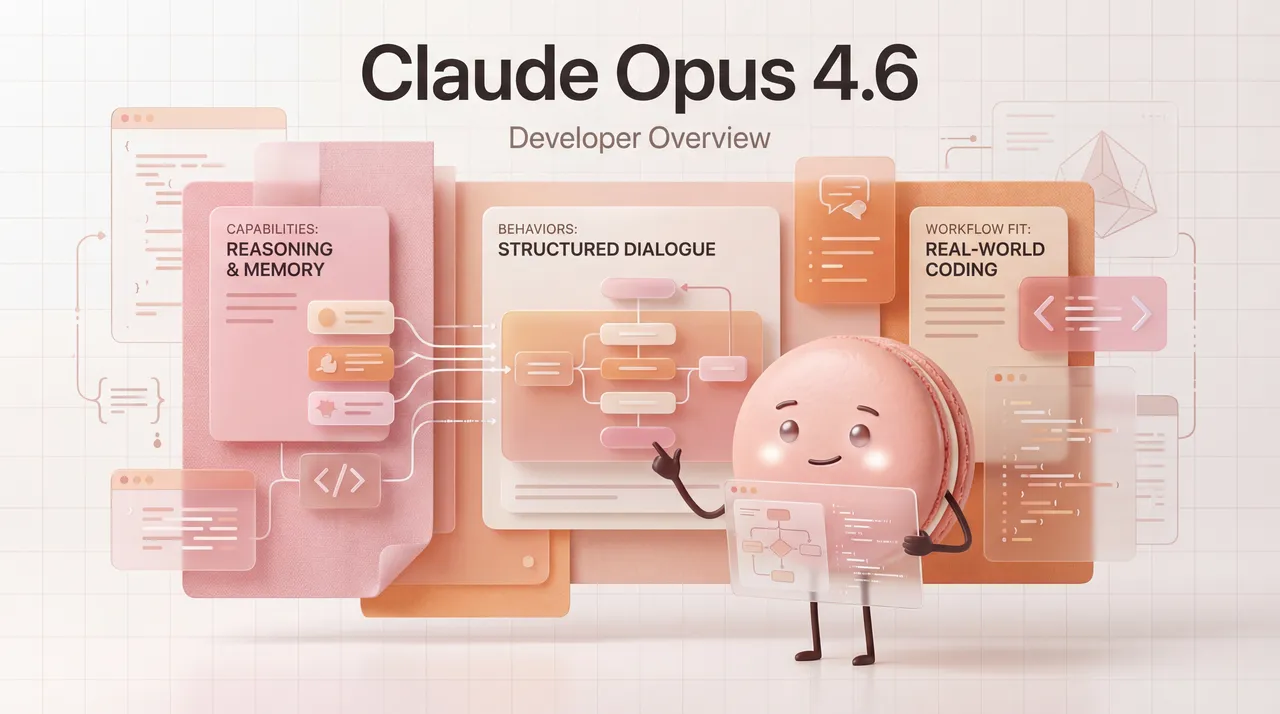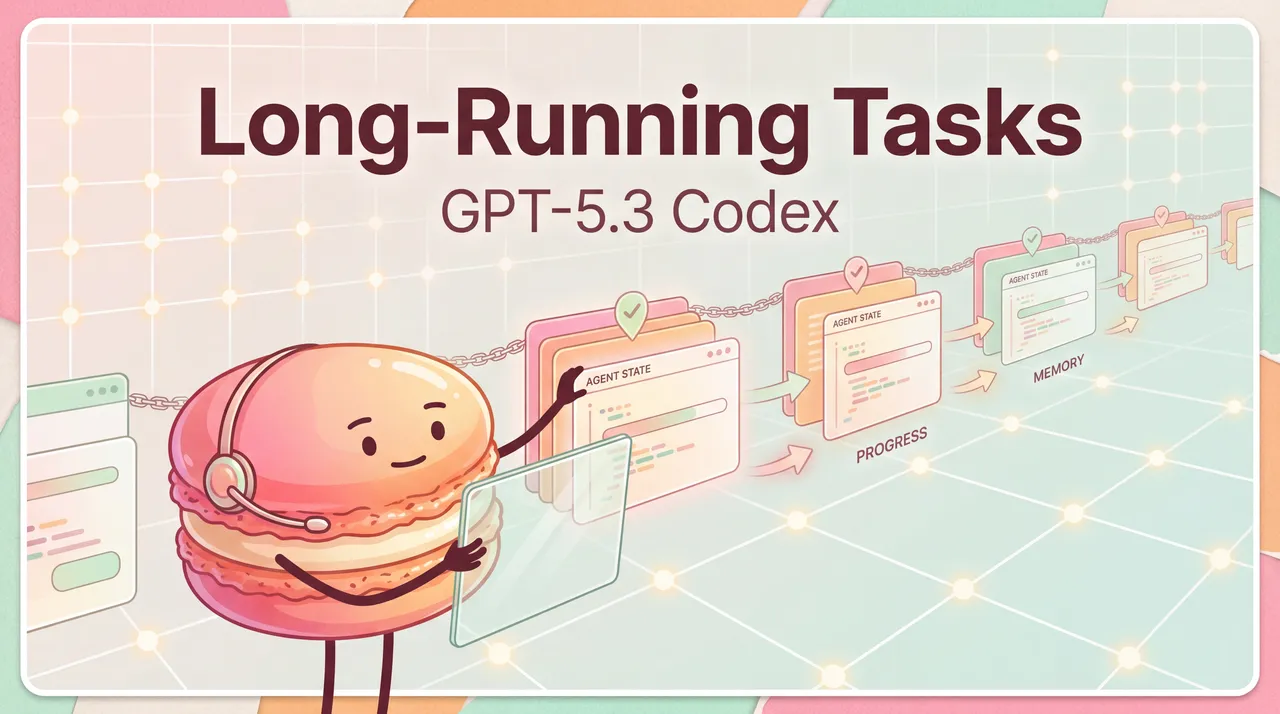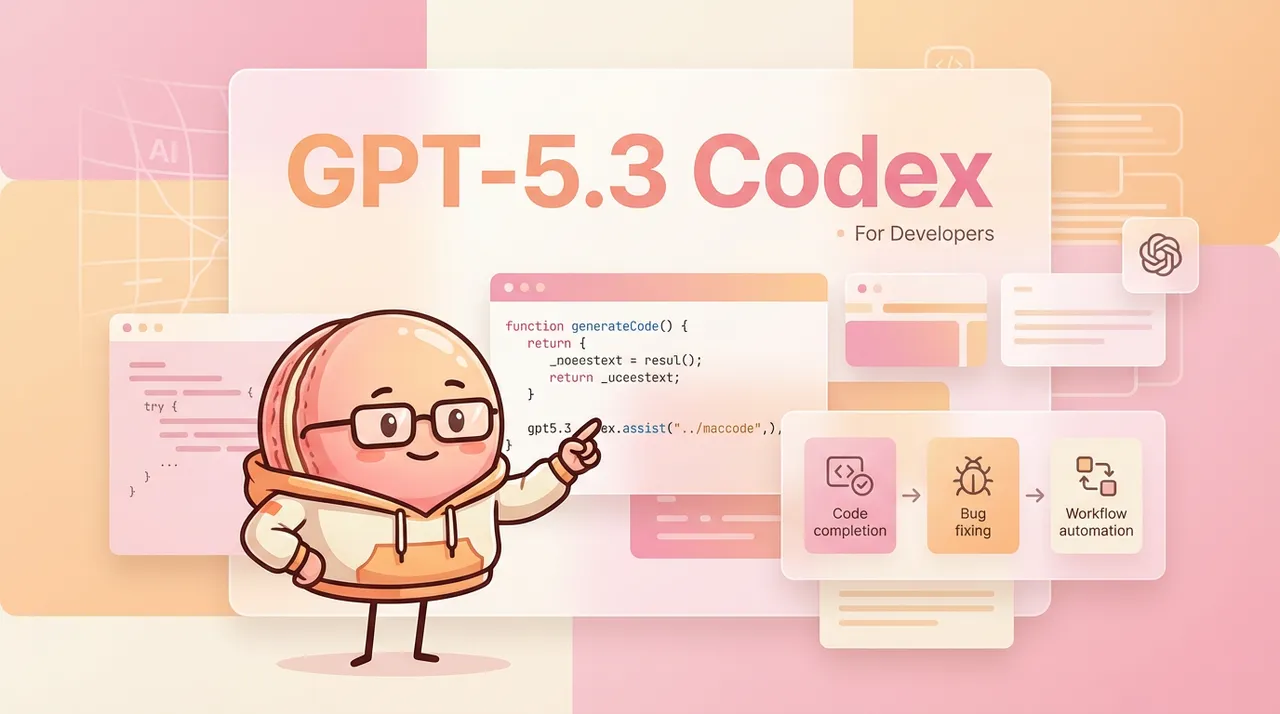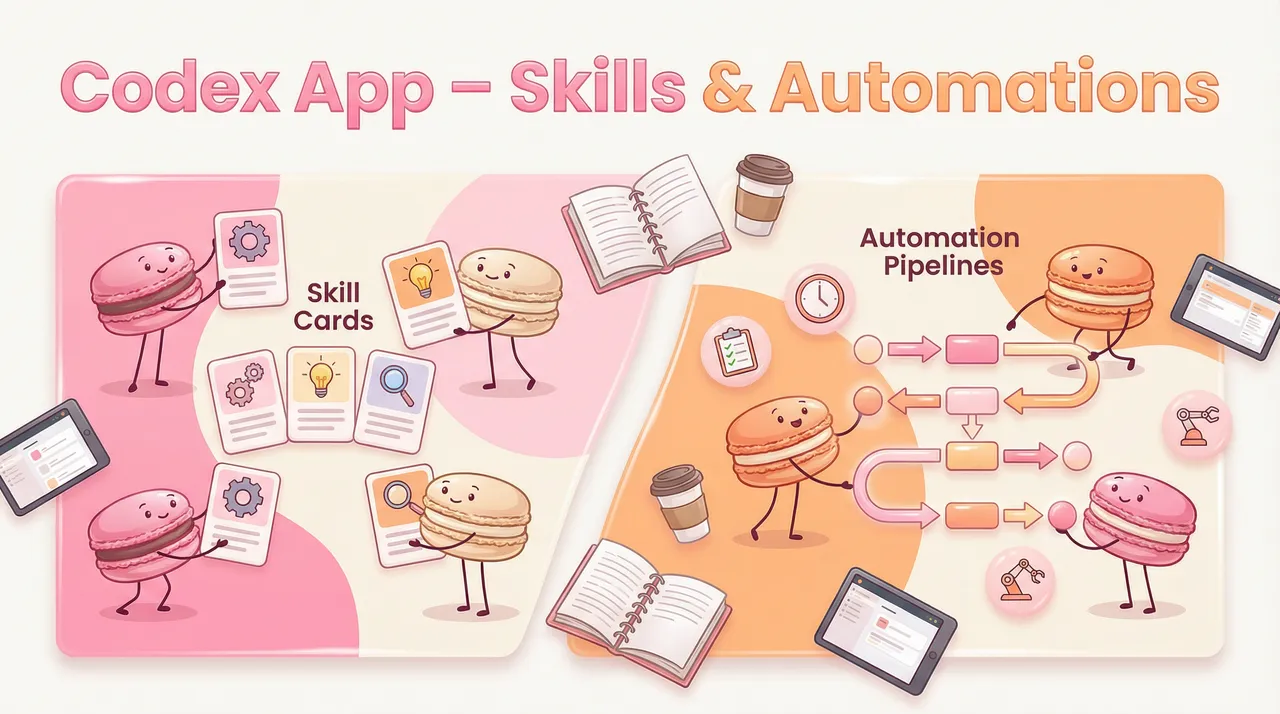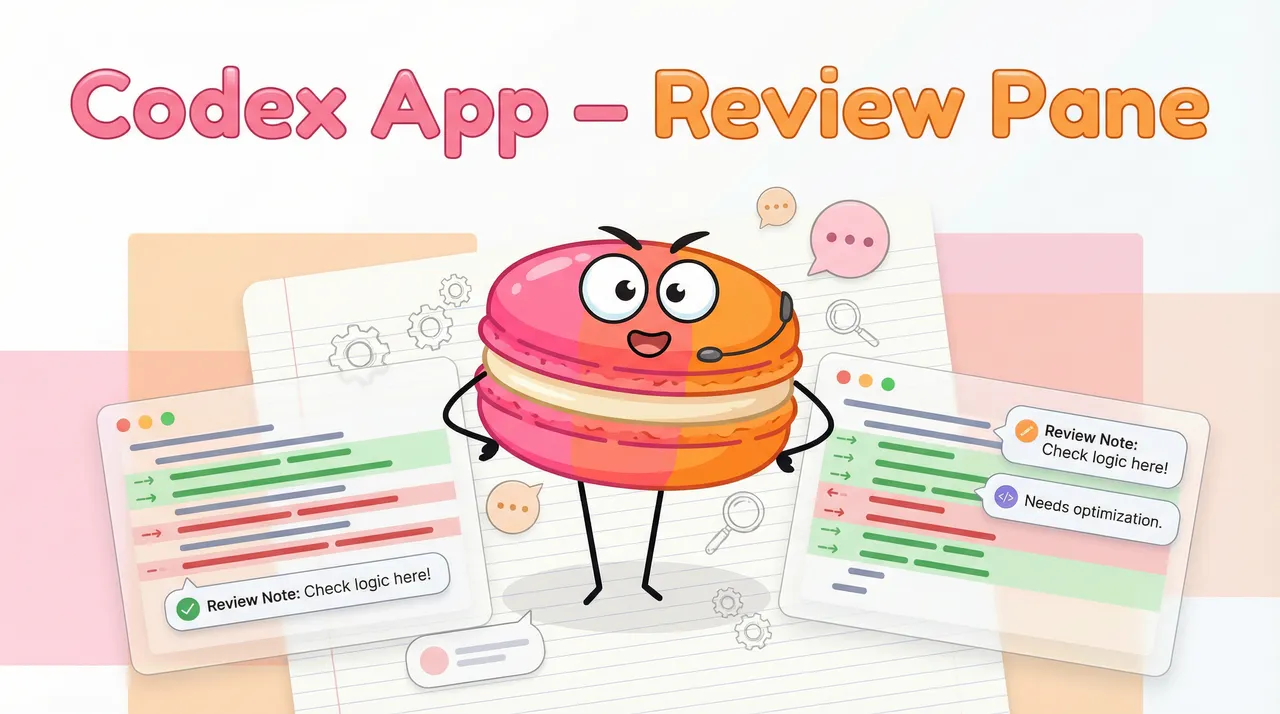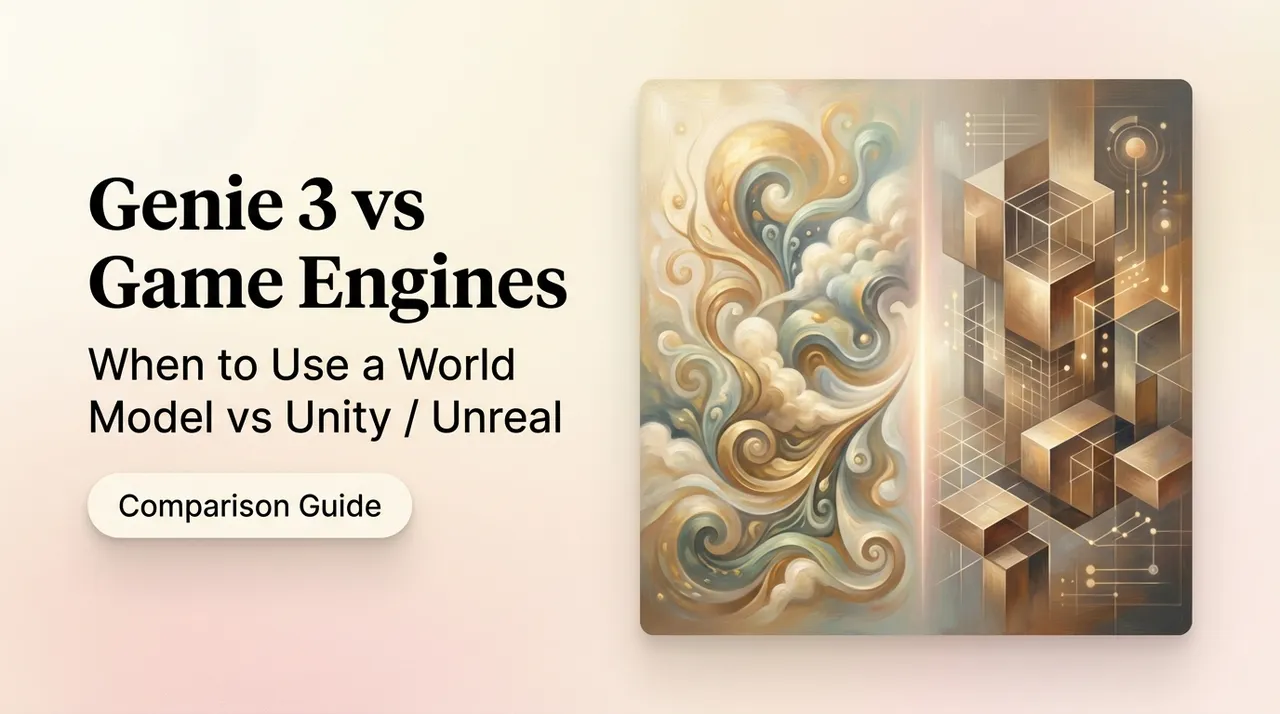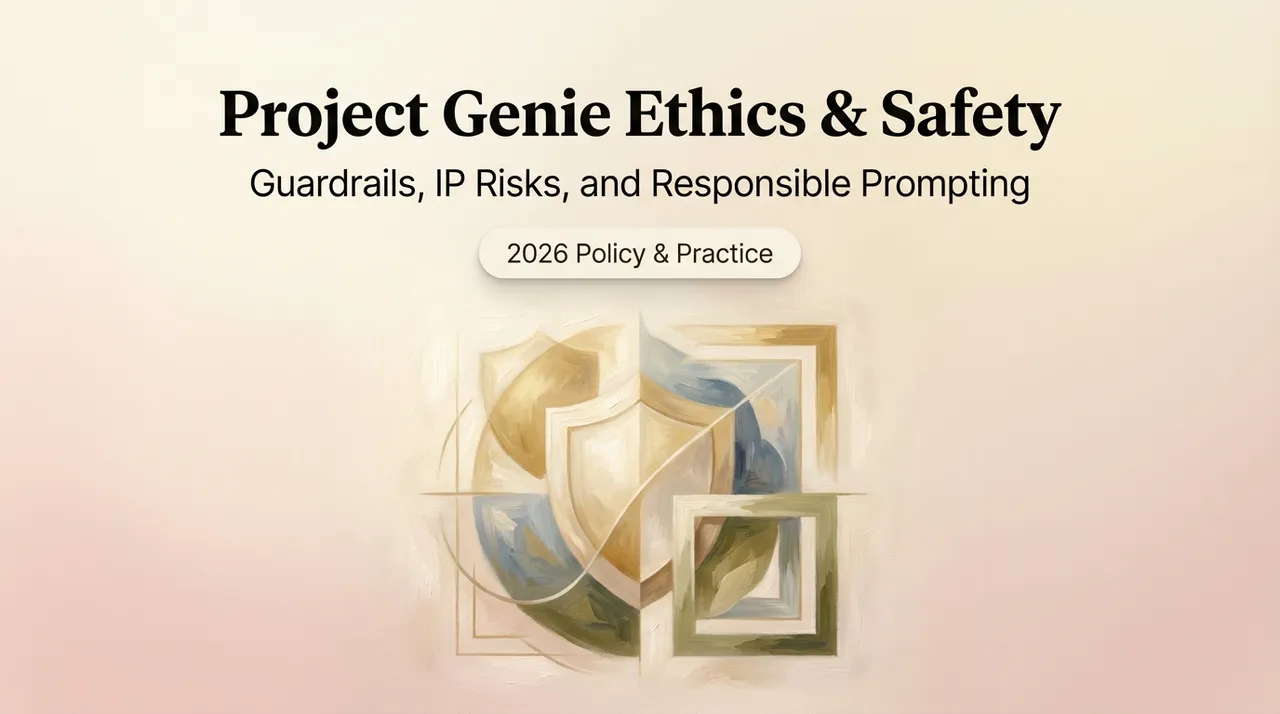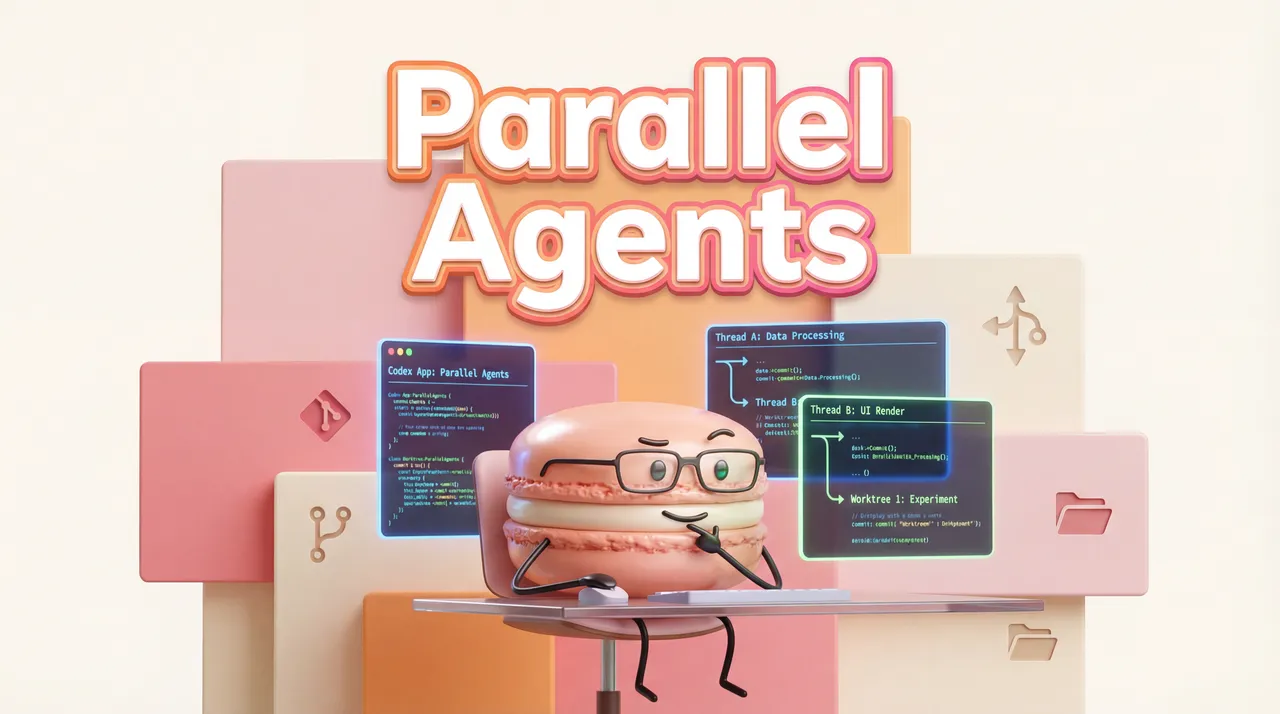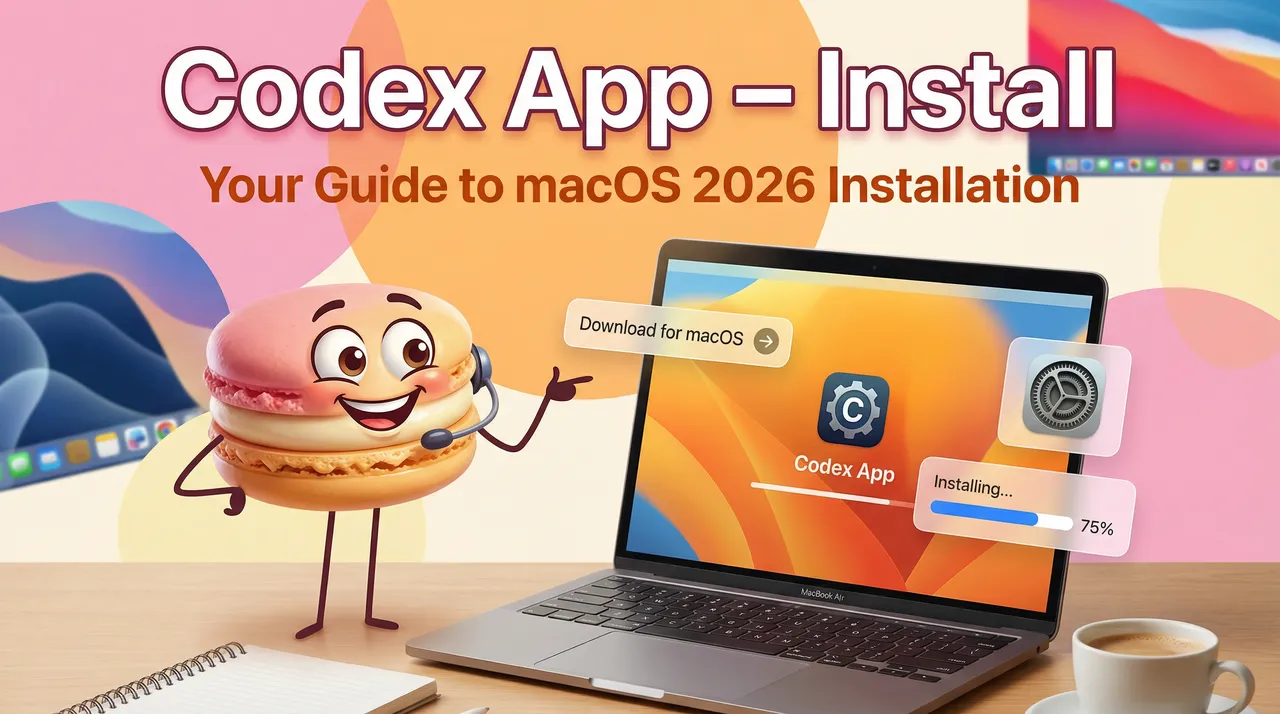 Author: Boxu Li at Macaron
Author: Boxu Li at Macaron
A Little Recap:
Just before our official launch on August 15, 2025, Meta CEO Mark Zuckerberg posted a statement on Instagram that surprised the tech world. He asserted that building AI isn’t about “automating all valuable work” but rather “empowering individuals with intelligence tailored to their lives.” He declared a commitment to create “personal superintelligence” for everyone through the newly established Meta Superintelligence Labs. By the time we saw his declaration, we had already been creating Macaron AI – in fact, we’d just launched our beta for early users and testers.
Introduction:
From Macaron’s perspective, we are thrilled that another market giant is embracing this vision of personal AI. It only validates our conviction that the path we’ve chosen is the right one. We believe we’re riding at the forefront of this new wave of personal AI, and seeing others join the wave only strengthens that belief.
Today’s blog is a bit different from our usual updates. We’ll be examining a new competitor entering the arena – a product called Manus 1.5, like Macaron, can generate mini-apps for users on demand via simple prompts. In the sections below, we compare Manus’s mini-app building capabilities side by side with Macaron’s, including the user experience, core functionalities, and pricing (especially the limitations of each free tier). Our goal is to give an honest look at how each platform serves everyday users.
Fremium Model and Paywall:
Both Manus and Macaron operate with a freemium model, but the user experience of the free tier differs significantly. Users can try out Manus 1.5 Lite without a subscription or purchasing credits, but this free tier proves very limited in practice. In our testing, Manus 1.5 Lite allowed us to create one mini-app. When we attempted to modify that app or create a second one, we immediately hit the free usage limit and triggered a paywall.
Macaron’s approach to free tier users is a bit more generous.
New users receive a stash of 30 almonds (credits) upon registration, allowing them to explore and create multiple mini-apps right away. They can download existing community-made mini-apps from the Playbook without buying additional credits upfront. (The Playbook is Macaron’s built-in launchpad, where users share and discover mini-apps.) Macaron’s Playbook features various categories of ready-made mini-apps curated for different needs – and any of these can be downloaded for a small cost (e.g. two almonds per mini-app) which the free credits cover to start.
Macaron Playbook in a glance
Why is Playbook important? Imagine you hand an average person a magic wand and tell them they can create any app they want for their phone. Most people wouldn’t know where to begin – we’re all so used to the specific apps already on our phones that it’s hard to imagine new ones from scratch. Macaron’s Playbook serves as that guide or inspiration. It showcases what’s possible and what others have built, so users can easily find areas of their lives that could be improved by a custom AI solution.
Playbook lowers the creative barrier: instead of starting blank, you can grab an existing idea and tweak it to your needs, learning what’s possible along the way.
Manus 1.5 vs Macaron: Mini Apps Side by Side
Macaron’s Playbook doesn’t just offer one-click downloads. It also transparently shows the natural-language prompt used to generate each mini-app. We took five example prompts from the Playbook and gave those exact same prompts to Manus 1.5, to directly compare how each system performs. For each test, we looked at whether the task was completed, what features the generated app had, and how the user experience felt. Below we summarize the results of Macaron and Manus side by side:
Note:
- For Manus 1.5, the generated apps/dashboards run on the web, most require sign in before using, with the ability to publish and share.
- For Macaron, the outputs are generated within the Macaron App with the ability to publish and share.
Simulated Stock Trader:
Prompt: Let's create a Simulated Stock Trader app:
- Select 5 stocks (AAPL, TSLA, AMZN, GOOG, MSFT) for buy/sell simulation
- Prices update every minute
- Display position value and P/L with a 0.1% transaction fee
- No sharing or chat features

MBTI Personality Test:
Prompt: Let's create an MBTI Personality Test app. I need a mini-app with 12 multiple-choice questions to find out my MBTI type. Each question has four options; the backend calculates scores for each dimension, and finally shows the four-letter type, a brief personality description, and suggests three suitable game genres. Also, include retesting support.

Photo to 3D Figure:
Prompt
Set the figure on a computer desk using a circular transparent acrylic base with no text. Display the ZBrush modeling process of the figure on the computer screen. Next to the computer screen, place a BANDAI-style toy packaging box featuring the original artwork.

Calorie Scan Tracker
Prompt: Let's create a Calorie Snapshot app. I need an app that calculates calories by taking photos. When I take a picture of my food before eating, it should automatically recognize ingredients like steak, rice, vegetables, then tell me the total calories and the protein/carb/fat ratio. Let me set a daily calorie goal, say 1500 kcal, and alert me when I'm close to exceeding it. Save my dietary records so I can review weekly intake. Keep it simple and practical, no social sharing needed.

AI Trend Report:
Prompt: I've been hearing everyone talk about AI lately—large models, computing, and an investment boom—but honestly, I don't get it. I want to keep up a bit; otherwise, I can't even join the conversation with my coworkers.
Could you help me create a simple AI industry analysis? I want to know what actually happened over the past year, which fields are the hottest, and which companies are doing impressive work. It would be best to have a few easy-to-read charts with minimal jargon—for example, market size changes, rankings of popular applications, and who invested how much.
It would be even better if I could choose the focus, like only looking at China, or checking trends in verticals such as medical AI or education AI.
Please finish with a short summary of the top three to five takeaways, so I won't be lost when talking to others.
Also, if you can point out where future opportunities might be—like which industries will adopt AI fastest and where investment is heating up—that would be perfect.

Summing up comparisons:
- Capabilities of outputs are similar. Macaron often generates results with more tabs and functions/
- Manus glitched once - unable to provide output.
- Differences in UI and UX: users may have different tastes and preferences.
- Sharing is available for both. Macaron Playbook allows users to get inspired before they create.
- Macaron users can attempt more tries before hitting paywall.
Which should you choose?
- Macaron is built on an “agentic deep memory” architecture, meaning it remembers user preferences, history, and context deeply across sessions. This reflects upon the generated results above:
- Mini apps are stored locally within Macaron App for multi usage
- Mini apps often have more tabs to keep track of or edit historical usage
- Manus 1.5 and Macaron AI both enable the creation of custom mini-apps through AI, but they serve different audiences and use-cases. If you are an engineer or entrepreneur looking to rapidly prototype full-fledged web applications or automate complex workflows, Manus 1.5 is a compelling choice – it’s like having an AI developer that can spin up code repositories and even handle deployments. However, for the general public wanting an AI to improve daily life, Macaron AI is more aligned with your needs. Macaron acts as a personal companion that can whip up tools for your health, hobbies, and home in minutes, without expecting you to manage prompts or credits.
- From a cost and accessibility standpoint, Macaron has the advantage for everyday users. It’s immediately usable with no upfront cost, and it doesn’t impose paywalls until you’ve gotten substantial value out of it. Manus’s free tier, while useful to test one project, is quite constrained for continuous daily use – it essentially forces you into a subscription once you try to do a second or third thing. A regular user who wants to track calories, plan workouts, organize a trip, and so on would hit Manus’s limits quickly if they tried to use it for all aspects of their life, whereas Macaron actively encourages you to build many mini-apps for all your personal needs. Macaron’s personalization with its memory-driven personalization, makes it feel like a natural extension of one’s routine rather than a tool you employ sparingly.
Macaron Update Tease: Forking and the Power of Social Network
As we look ahead to Macaron’s next big update, let’s shift focus from comparing today’s products to envisioning the future of personal AI. A recent buzzworthy product release, OpenAI’s Sora 2, serves as a great conversation starter. Sora 2 is an AI video generator that can simulate entire scenes from a simple text prompt – an impressive feat that got everyone talking. However, if we examine Sora through the lens of consumer platforms, its limitations become clear. We’ve seen this play before: the last big shift in the digital consumer ecosystem was driven by TikTok and the rise of user-generated short videos. TikTok turned everyday users into creators and made it easy (and rewarding) to share creative content. Soon after, every social platform integrated short videos.
By analogy, while Sora 2’s tech is dope, it won’t become the “TikTok of the AI era” on its own. More likely, existing social networks will absorb AI video generation as a feature – letting users create cool AI-generated scenes inside Instagram, TikTok, or whatever platform they already use. In other words, AI content creation will be ubiquitous, not a novel standalone product.
This points to a deeper insight: the true promise of the AI era for digital consumers shouldn’t just be more viral videos or images. It should be about empowering users to create useful things that improve their lives.
Forking: Grassroots Innovation through Sharing and Remixing
One essential component of Macaron’s vision for the future is forking. Borrowed from open-source software culture, “forking” a project means copying it and then evolving it along a new path. In the context of Macaron mini-apps, forking means any user can take an existing mini-app’s design and code, and then customize it for their own needs. This can be as simple as tweaking a few parameters or as ambitious as transforming the app’s purpose altogether.
For example, suppose someone publishes a mini-app called Recipe Finder that suggests meal ideas based on ingredients you have. Another user could fork this app and turn it into Vegan Meal Genius by changing the ingredient database and adding a protein-tracking feature. Yet another user might take a task-organizing app like Task Champion and fork it into Chore Scheduler that integrates with smart home devices to remind family members of their chores. The possibilities are endless. And because Macaron’s code synthesis pipeline produces clean, modular code under the hood, these forks aren’t difficult – you could modify your copy through a natural conversation with Macaron (e.g. “make the reminder interval shorter and add a checklist for each task”), or, if you have coding skills, tweak it via a graphical interface or code editor.
This dynamic creates a network effect analogous to open‑source communities. Forking enables grassroots innovation. Each new mini-app someone creates isn’t an isolated artifact – it can become a seed for countless derivatives and personalized variants. Over time, this creates a network effect akin to open-source communities in software.
The more mini-apps people create and share, the larger the library of templates and modules Macaron can draw upon, which in turn allows future apps to be built faster and better. When someone forks an app and improves it (fixes a bug, adds a new feature, translates it to another language, etc.), those enhancements can propagate back to the community, benefiting everyone. Conceptually, if we graphed this ecosystem, the number of original apps (seeds) might grow linearly, but the number of forked or derivative apps would grow exponentially – an accelerating curve of innovation. This is the kind of virtuous cycle Macaron is designed to ignite with the next update.
Rethinking the Social Network in the AI Era:
It goes without saying that social networks have been one of the most transformative forces of the past two decades – connecting people across the globe and enabling anyone to share joy and experiences instantly.
But, why are so many of us feeling more anxious, depressed, or detached despite being more “connected” than ever?
I’m not here to be a doomsayer about social media, but doomscrolling is real, and algorithmic feeds often amplify content that hacks our attention at the expense of our well-being. The algorithms programmed by big tech companies are effectively programming our brains, shaping what we see and how we feel in ways we don’t fully control.
Jack Dorsey once examined free will and algorithms in a speech, which I resonate and concur with:
This is going to sound a little bit crazy but I think the free-speech debate is a complete distraction right now. I think the real debate should be about free will.
We are being programmed based on what we say we’re interested in. And we are told through these discovery mechanisms what is interesting...
And as we engage and interact with this content, the algorithm continues to build more and more of this bias. It’s effectively a black box — you can’t predict how it’s going to work or what it’s going to show you.
On the solution side, he said:
Give people choice of what algorithm they want to use, … let people build their own algorithm that they can plug in on top of these networks … And they can shift them out as well.
We at Macaron believe personal AI can be part of the solution to this problem. Before AI does most of the white collar work, before AI displacing $150,000 salary jobs (according to Jamie Dimon), we need to evolve how we use technology in our daily lives. Rather than let algorithms endlessly push content at us, we should be leveraging AI to pull us forward – to help us create, to augment our abilities, and to enrich our real-world lives. Humanity needs to co-evolve with AI, not become passive consumers of whatever AI feeds us.
Up to now, AIs can calculate, analyze, and write faster and better than most of us in narrow tasks, but they lack true initiative and creativity. That’s exactly why human creativity and the desire to create must lead the way.
With Macaron, users are empowered to create more and inspired by other people's creation.
The very act of turning a thought (a few words of a prompt) into a tangible, complex output – be it a mini-app, a plan, or a piece of content – helps people exercise their creative muscles. It’s the antidote to doomscrolling: creating instead of just consuming.
In this not-so-distant future, your feed wouldn’t be a doomscroll of addictive content; it would be a vibrant showcase of what you and your network are building and creating with the help of AI.
Take today's Macaron AI, and imagine you are working with your friend's Macaron on something new.
Imagine your Macaron is working on a similar problem or project with your friend's Macaron. Imagine ten Macarons collaborating on a single project like your minions.
Imagine being able to share and publish your project and allow other users to directly edit upon your version.
Just Imagine...

